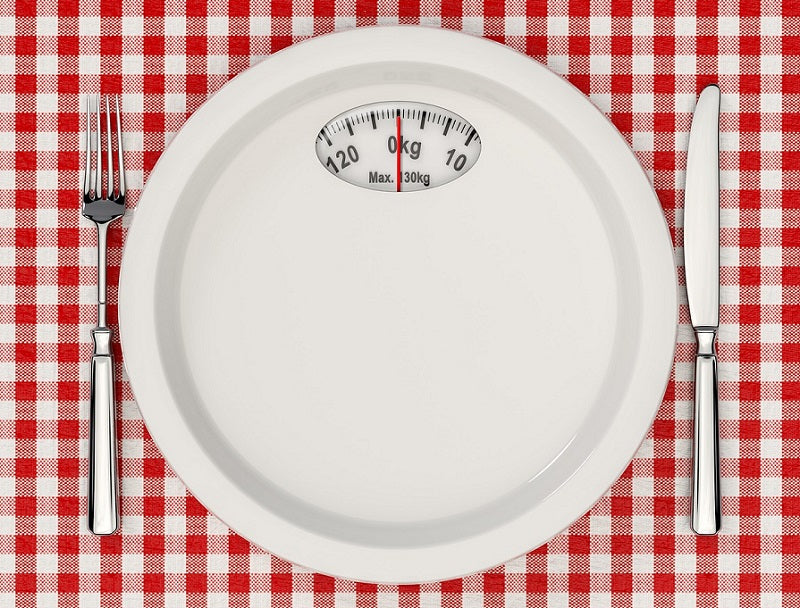
The Science Behind Hunger
If you feel as though you’re doing all the right things with your diet – good food in moderation and adequate exercise – but your shape and health are still not improving, it may be time to delve a little further. This is particularly true if you’re tempted to grab an unhealthy fix because your present diet makes you extremely hungry at certain times of the day.
What causes hunger?
The human body works like a machine, with food as its main source of energy. Hence, it’s normal to feel hungry if we go without food for a number of hours. Hunger is a bodily response triggered by the brain as it senses changes in nutrient and hormone levels in our blood. Simply put, hunger serves a clear and distinct purpose – it reminds us that our body needs added fuel in the form of food.
Hormones and appetite
We have nine key hormones that control our appetite and satiety. These include:
- Insulin
- Leptin
- Ghrelin
- Dopamine
- Cortisol
- Neuropeptide Y (NYP)
- Peptide YY (PYY)
- Glucagon-like peptide 1 (GLP-1)
- Cholecystokinin (CCK)
If ever there’s an issue with the release or sensitivity of these appetite hormones, you may experience great difficulty achieving a healthy weight. This article covers three of the most well-known appetite regulators: leptin, insulin and ghrelin.
Hormones and hunger
Did you know that chronically elevated levels of leptin, insulin and ghrelin can create a constant feeling of hunger? Because hunger is both a physiological sensation and hormonal response, it’s something that can’t be dealt with willpower alone. In fact, how we respond to hunger can actually lead to insulin or leptin resistance, obesity, and metabolic syndrome.
Let’s take a closer look at these three hormones and what they do for our body.
LEPTIN
Leptin is our satiety hormone which signals the brain when there’s enough energy stored in the body. It is produced by fat cells (adipocytes) and helps prevent overindulgence. Obese individuals often release too much leptin due to the number of fat cells they have. Consequently, a resistance manifests, leading to overeating due to the failure to feel satisfied after a regular meal.
INSULIN
Insulin is our storage hormone and is secreted by the pancreas in response to food intake. It allows our cells to actively take in energy (glucose) from food. However, a diet high in sugar can increase our insulin levels over time. When insulin levels are chronically high, our body fails to turn to fat stores a source of energy. As a result, insulin resistance can develop.
GHRELIN
Ghrelin is more popularly known as the hunger hormone. It is released at high levels during the day when our stomach is empty, causing us to feel hungry. Ghrelin is secreted primarily from the lining of our stomach. Ghrelin levels decrease when our stomach stretches and becomes full after a meal.
Interestingly, research into the appetite hormones of obese individuals shows that circulating ghrelin levels fail to drop even after consuming a meal. As a result, appetite levels in these individuals remain high, causing them to eat more than what they actually require.
How to reduce hunger and appetite
With a better understanding of our hunger and satiety hormones, I hope you now know why achieving a healthy body weight can be a more complex process than the simple theory of ‘calories in, calories out’.
It all begins with restoring harmony to your hormones. Take control of hunger and reduce your appetite at the same time with these valuable tips:
- Go COLD TURKEY on sugar. It's common that the more sugar you have, the more you want. Especially avoid ALL high-fructose products to prevent sugar cravings.
- Reduce consumption of simple starchy foods like potatoes, rice, bread, and grains while increasing your intake of omega-3 and monounsaturated fats.
- Ensure you have a serving of high-quality (grass-fed/free-range/organic) protein with each meal.
-
Choose an anti-inflammatory diet. High inflammatory markers in the body have been linked not just to insulin resistance, but also to leptin resistance.
-
Don’t forget your fibre. Vegetables, seeds and legumes are an excellent source. Aim for fibrous veggies as these will not only regulate blood sugar but also effectively stretch your stomach so you feel satiated with each meal.
- Consider the benefits of intermittent fasting which has been linked to improved fasting blood glucose levels and effective fat loss.
- Ensure you get 6-8 hours of restorative sleep. Sleep deprivation or poor sleep hygiene has been linked to drops in leptin levels.
- Exercise for a minimum of 20 minutes each day. This will not only trigger the utilisation of glycogen stores for energy; regular strength training also increases leptin sensitivity.
- Add a high quality vegetarian protein to your diet. Protein gives you a longer time before your appetite kicks in for the next meal. Happy Shape is one of the best combinations of ingredients to assist you with reducing overall calorie intake but still not leaving you hungry.
-
Lastly, if you haven’t already joined our Happy Weight private Facebook group, we encourage you to do so. Here you can connect with thousands of other women who have conquered their blocks to fat burn and are on the way to achieving their healthy weight goals!
REFERENCES
Austin, J., & Marks, D. (2009). Hormonal regulators of appetite. International journal of pediatric endocrinology, 2009, 141753.
https://www.ncbi.nlm.nih.gov/pmc/articles/PMC2777281/
Osegbe, I., Okpara, H., & Azinge, E. (2016). Relationship between serum leptin and insulin resistance among obese Nigerian women. Annals of African medicine, 15(1), 14–19.
https://www.ncbi.nlm.nih.gov/pmc/articles/PMC5452686/
Taheri, S., Lin, L., Austin, D., Young, T., & Mignot, E. (2004). Short sleep duration is associated with reduced leptin, elevated ghrelin, and increased body mass index. PLoS medicine, 1(3), e62.
https://www.ncbi.nlm.nih.gov/pmc/articles/PMC535701/






















